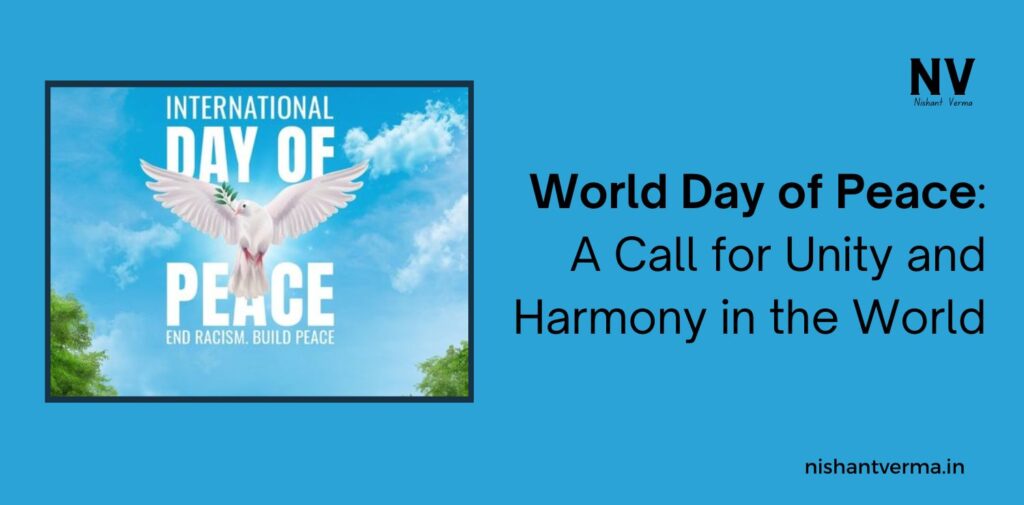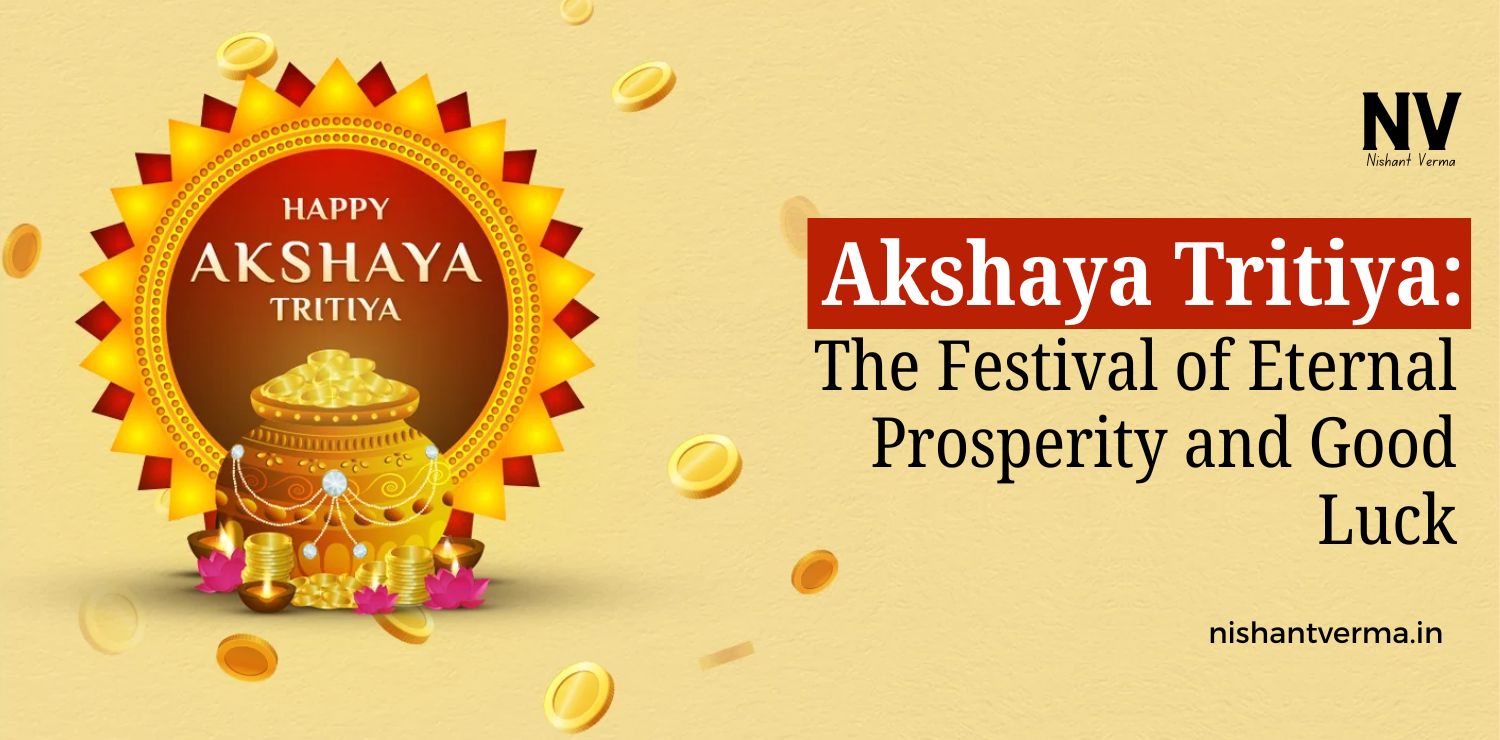World Day of Peace, observed annually on September 21, is a special day dedicated to promoting peace, unity, and understanding among all people, nations, and communities across the globe. This day serves as a reminder that peace is essential for the well-being of every individual and the progress of societies. In the context of India, a country rich in diversity and a history of both conflict and peace, World Day of Peace holds particular significance. It encourages us to reflect on the importance of harmony, tolerance, and mutual respect in our everyday lives.
The Importance of Peace
Peace is not just the absence of war or violence; it is a state of harmony where people live without fear, injustice, or suffering. True peace is when everyone has the opportunity to live with dignity and equality. In a world where conflicts, inequality, and discrimination still exist, it is essential to remember that peace is not just a lofty ideal but a practical necessity for the well-being of individuals and societies.
India, with its diverse cultures, languages, religions, and traditions, has long struggled with tensions between different communities. However, India has also been a beacon of hope for many in the quest for peace. Mahatma Gandhi’s philosophy of non-violence (Ahimsa) and his fight for independence through peaceful means inspired the entire world. His teachings emphasize that lasting peace is only possible through understanding, tolerance, and respect for all human beings, irrespective of their background or beliefs.
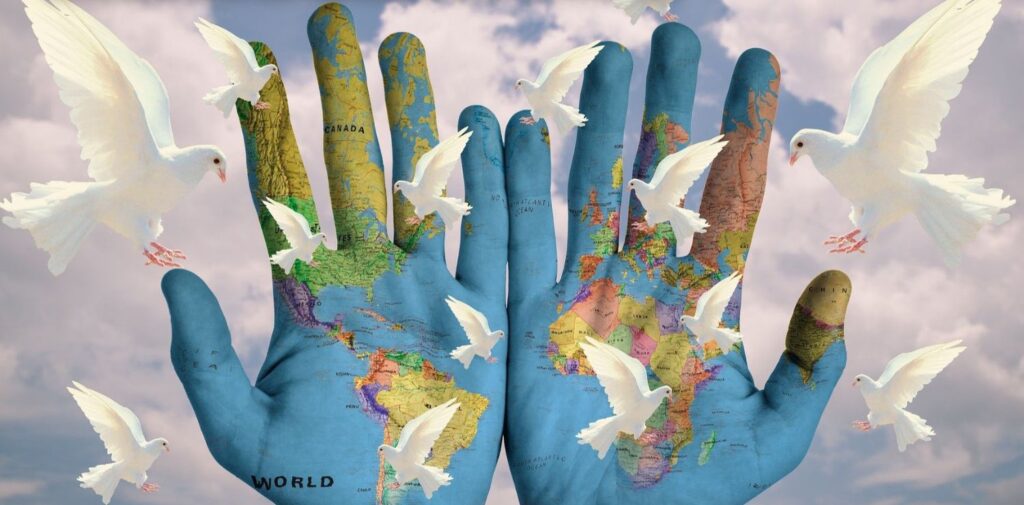
The History of World Day of Peace
The World Day of Peace was established by the United Nations in 1981, and since then, it has been observed annually to spread awareness about the importance of peace. The day was chosen to be observed on September 21 each year, a day that encourages reflection, dialogue, and action toward achieving world peace.
The United Nations, through this day, urges all countries, communities, and individuals to think about their role in creating a peaceful world. It is not just a day for global leaders but also for local communities to engage in peace-building activities. From educational programs to community dialogue, the World Day of Peace encourages a collective effort in fostering peaceful relationships.
In India, where there is a long tradition of promoting peace, this day serves as an important reminder to reflect on the nation’s rich heritage of tolerance and coexistence. India’s diversity, with people from different religions, languages, and ethnic groups, makes it a unique example of how peace can be nurtured through understanding and respect.
Why Peace Matters in India
India is a country that has experienced both times of peace and times of conflict. From the struggle for independence, where the ideals of peace and non-violence were central, to the challenges of communal tensions, caste-based discrimination, and regional conflicts, India’s journey toward lasting peace has been complex.
However, India has also been a symbol of resilience and hope. The country is home to many successful peace-building efforts, where communities have come together to overcome differences. Festivals like Diwali, Eid, Christmas, and Gurpurab are celebrated by people of different religions together in harmony. The concept of “Sarva Dharma Sambhava” (equal respect for all religions) in India’s Constitution is an example of how peace and unity are deeply embedded in the country’s social fabric.
In today’s world, where global tensions are on the rise, India’s role as a leader of peace is even more important. India’s commitment to non-violence, its efforts in peacekeeping missions, and its support for global disarmament initiatives reflect its long-standing commitment to peace.
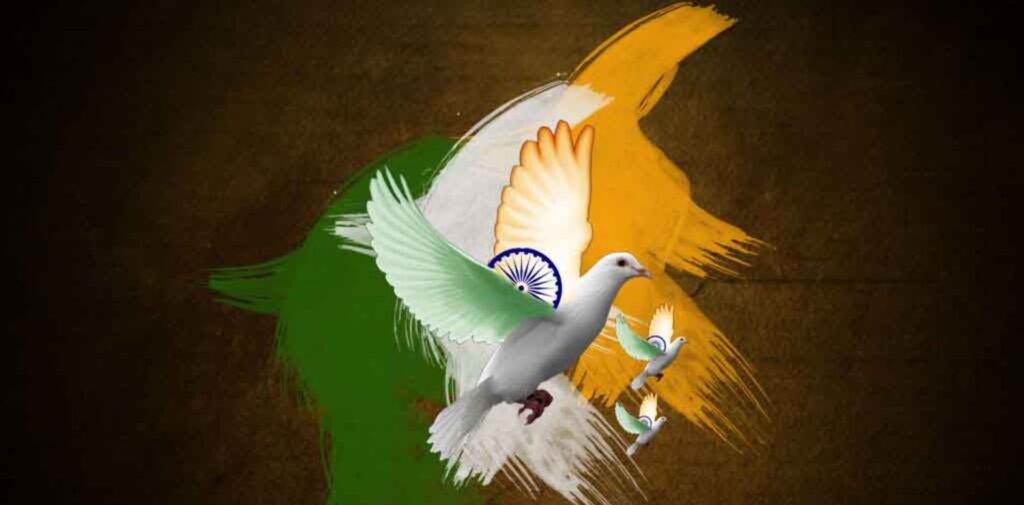
Celebrating World Day of Peace in India
On World Day of Peace, individuals, schools, organizations, and communities in India come together to participate in various activities that promote peace. These activities can range from organizing seminars and discussions on the importance of peace, to conducting peace walks, meditation sessions, and cultural programs that showcase the values of tolerance and unity.
Educational institutions in India play a critical role in fostering peace. Students are encouraged to reflect on the importance of peaceful coexistence and engage in dialogues on topics like conflict resolution, human rights, and social justice. These activities not only raise awareness but also inspire the younger generation to become active agents of peace in their communities.
At the community level, peace-building initiatives are often led by local leaders and social organizations. These programs may include interfaith dialogues, conflict resolution workshops, and campaigns to promote social harmony. In India, where regional, religious, and caste-based conflicts occasionally arise, such efforts are crucial in strengthening the spirit of unity and cooperation.
The Role of Government and Leaders
On World Day of Peace, the government of India, along with political leaders, has an important role to play in ensuring that peace remains a national priority. Policies and programs aimed at promoting social justice, reducing poverty, and ensuring equal rights for all citizens are essential in creating a peaceful and prosperous society. Leaders are also called upon to denounce violence, promote tolerance, and work toward resolving conflicts through dialogue and negotiation.
India’s foreign policy, which promotes peace and cooperation on the international stage, is also an important aspect of its commitment to world peace. As one of the world’s most populous and influential countries, India has the responsibility to play an active role in global peace-building efforts.
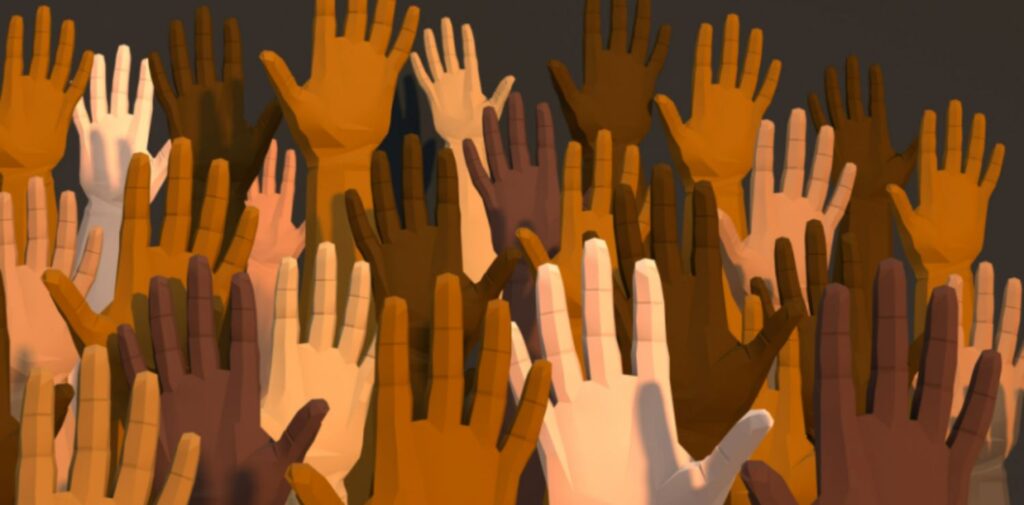
How Can We Contribute to Peace?
While the efforts of governments and organizations are essential in creating a peaceful world, individuals also have a significant role to play. Here are some simple yet effective ways that we, as individuals, can contribute to peace:
- Promote Tolerance and Understanding: Accepting people from different backgrounds, religions, and cultures helps reduce prejudice and promotes peaceful coexistence.
- Practice Non-Violence: Whether in personal relationships or public life, choosing peaceful means of resolving conflicts and avoiding aggression is key to building a peaceful society.
- Support Social Justice: Working towards equality and fairness for all people ensures that no one is left behind, thus creating a more just and peaceful society.
- Educate Others: Teaching the values of peace, tolerance, and respect in schools and communities can inspire others to act in ways that foster harmony.
Conclusion
World Day of Peace is a powerful reminder of the need for peace in a world that is often torn by conflict. In India, a country with a history of both struggle and peace, this day holds great significance. It is a time to reflect on our shared humanity and to renew our commitment to building a world where peace, justice, and dignity are accessible to all. By promoting tolerance, practicing non-violence, and working towards social justice, we can all contribute to making India and the world a better, more peaceful place. Let us all take this opportunity to reflect, act, and inspire others to join in the global movement for peace.

